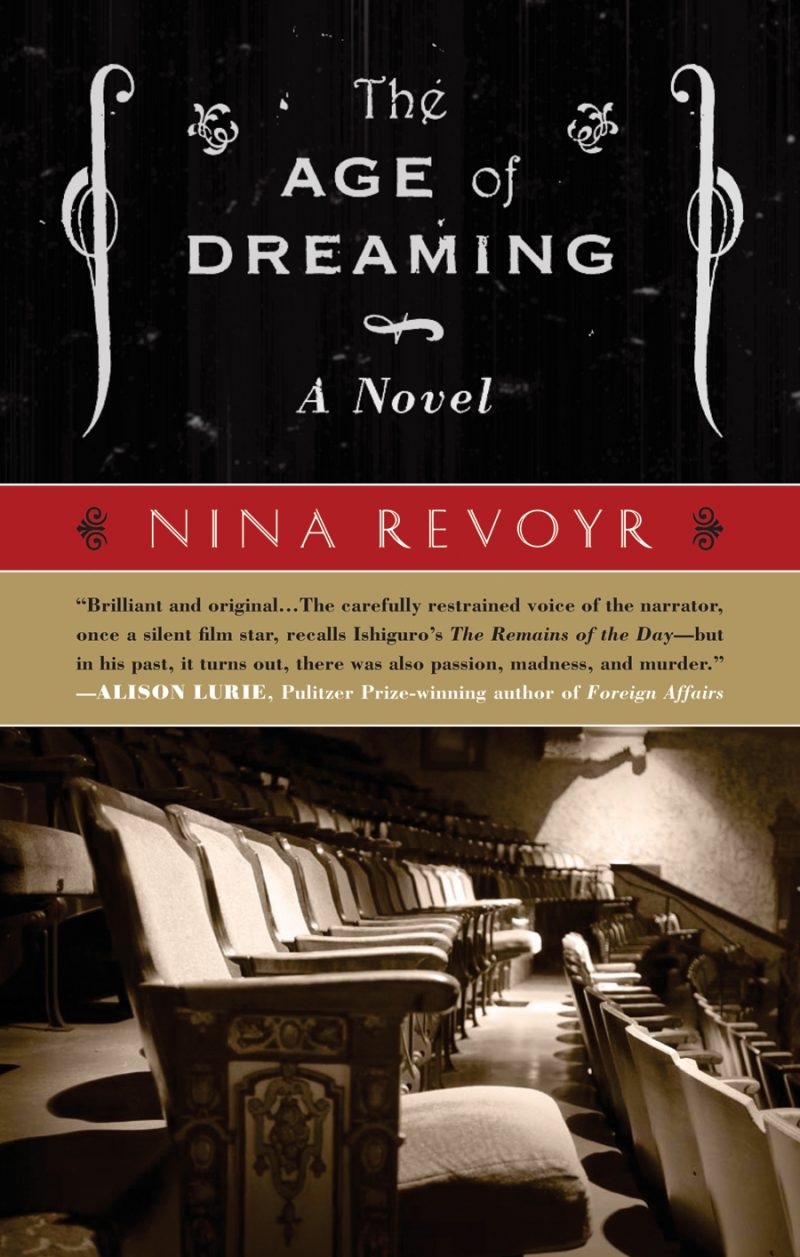Nina Revoyr is a writer who distrusts words. In place of an epigraph, she bestows upon her novel a Nietzschean epitaph: That for which we find words is something already dead in our hearts. She celebrates silent films, eschewing “talkies.” She creates a protagonist, Jun Nakayama, who is rendered inarticulate at every emotional peak in his life: confronted with racism, oblivion, love, even joy, he says nothing much at all. Years later he excuses himself: “Words would have diminished what I felt.”
Revoyr’s prose style is also word wary. No ironic ramblings or overly opaline sentences here. Her writing is plain, clean, and graceful—a clear blue sky over her story’s city. The city is Los Angeles, and the story moves between the L.A. of the 1960s and the 1920s: “The driver took Sunset Boulevard, which was then just a dirt road that wound through canyons and hills, passing citrus groves so lush that one could reach out the window and pluck oranges right off the trees.” The book brims with its sense of place. Through Jun, we witness a man-made beauty more poignant than mountains or ocean:
I have been here when the neon signs atop the DuBarry and the Argyle light up at the first hint of darkness. I have been here, too, on evenings of movie premieres, when spotlights spring up from Hollywood Boulevard and shoot beams, like crossing swords, into the sky.
These descriptions are more love postcards to L.A. than love letters; Revoyr refuses to be effusive.
Jun, once a silent-film star, quits movies at the height of his career, perhaps because he is involved in a murder, or perhaps, as a Japanese actor, he is a casualty of California’s Yellow Peril. When a journalist unearths him years later, Jun unwillingly examines his old self: “That young man was dynamic and fearless, unafraid to defy expectations… I wondered what had happened to him.” Revoyr includes characters typical of Hollywood in any era: the child star, the aging alcoholic leading lady, the studio yes-man. But in actress Hanako Minatoya, “more lovely than a thousand gilded starlets,” we find Jun’s foil. Only Hanako can make Jun uncomfortable with his own quietude. “I looked down at my tea, and then over at the pond, where several large carp, all flecked orange and white, were pressing their mouths to the surface of the water, working their lips like mute humans.”
Happily, Revoyr’s work refuses to be pigeonholed. All three of her novels tell love stories—sometimes lesbian ones—but she’s not a Djuna Barnes. She investigates Los Angeles’s mysteries, but without following directly in Chandler’s footsteps. She sifts through layers of city history, but in service to a purpose larger than simple historical fiction. Her disparate elements are united by—and necessary to—her ambitious themes, such as the power of silence.
In The Age of Dreaming, Jun’s silence is the source of sadness and mystery. He knows who killed his favorite director, Ashley Bennett Tyler, why his film career really ended, and why he refused to marry the woman he loved. When Revoyr tenderly opens Jun’s eyes to a past made painful by racism and his own inertia, the mysteries dissolve. Jun deserves to be a tragic hero, but she generously leaves him, and the reader, with more than tears and ash.





